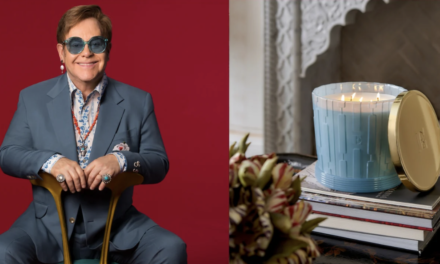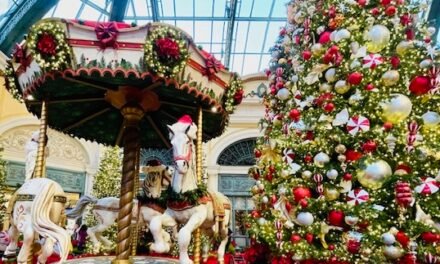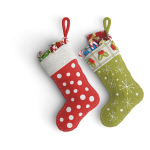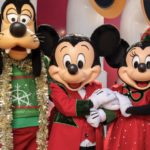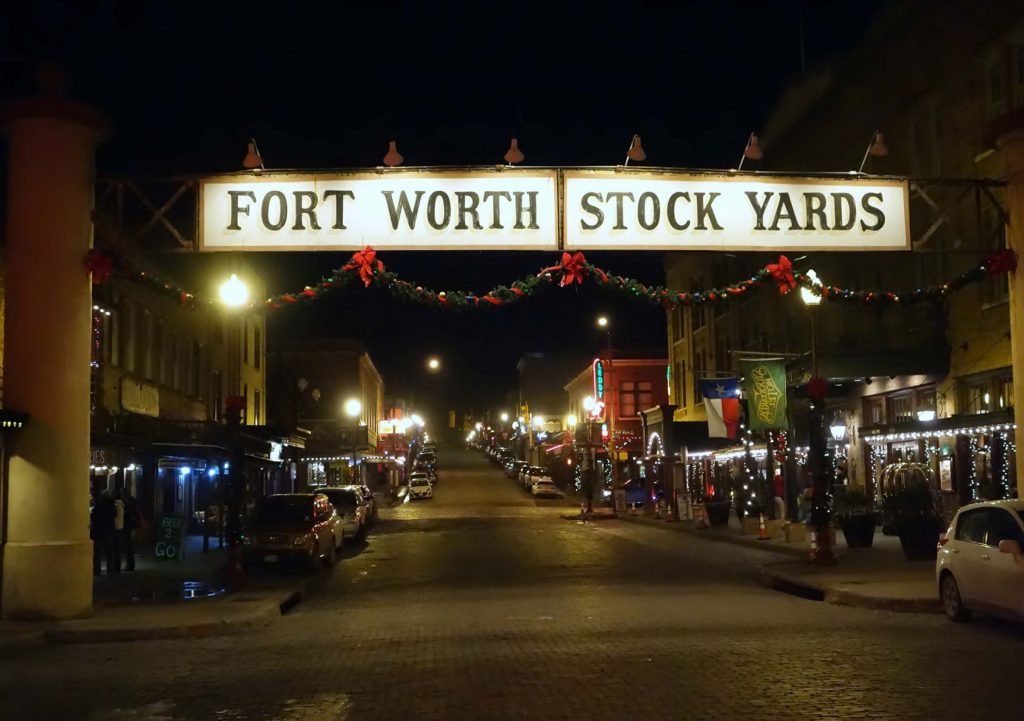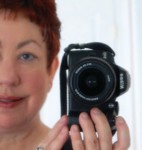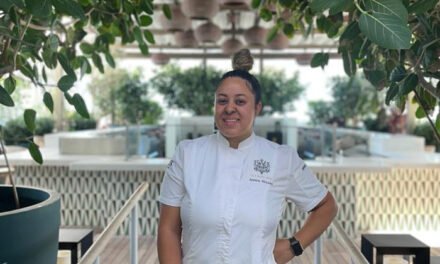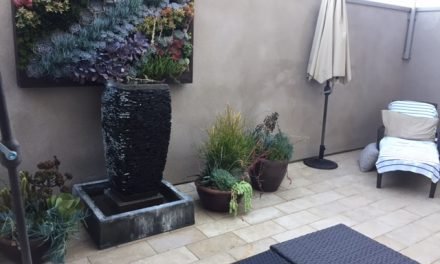
Fort Worth, Texas for Cowboys, Cowgirls, and Culture

Fort Worth is a vibrant cowboy (and cowgirl) town, with a lively downtown district, a cultural center with five museums including the National Cowgirl Museum and Hall of Fame, and the famous National Stockyards Historic District, where drovers herd twice-daily longhorn cattle drives through the very heart of town.
From “boom” to “bust” several times over
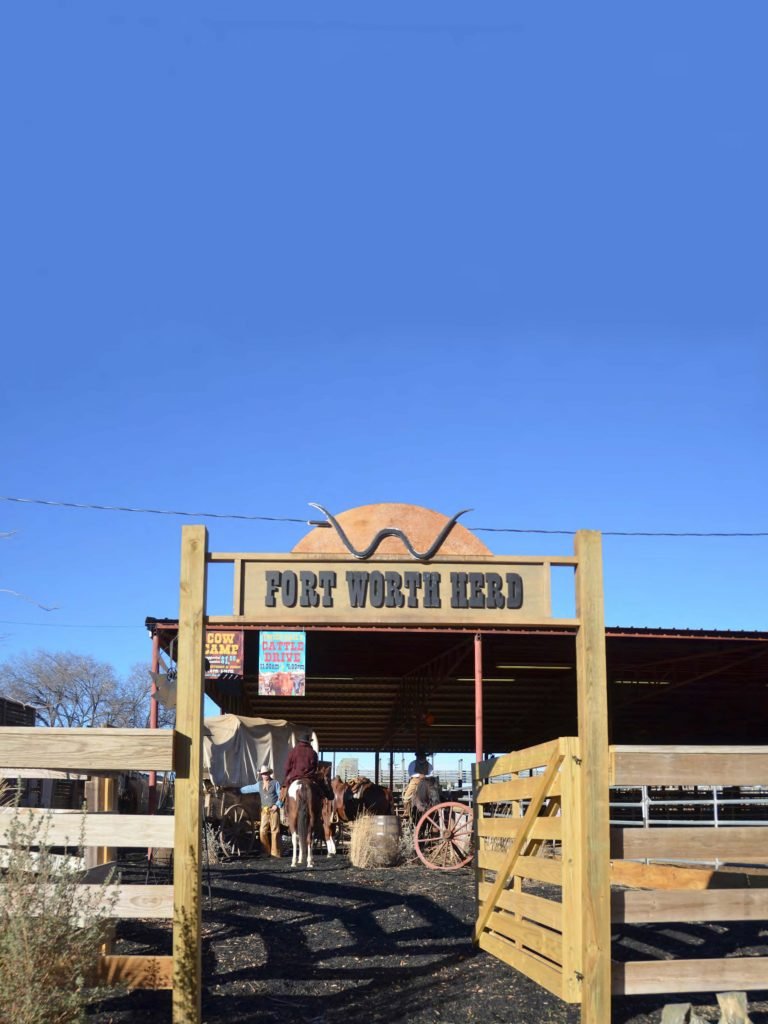 But it wasn’t always a city with culture. The story of Fort Worth is actually a tale of a series of “boom” and “bust” cycles that helped define the town’s character, ultimately carving it out as a premiere western city. Somehow, with each “boom” it grew bigger, and with each “bust” it emerged stronger.
But it wasn’t always a city with culture. The story of Fort Worth is actually a tale of a series of “boom” and “bust” cycles that helped define the town’s character, ultimately carving it out as a premiere western city. Somehow, with each “boom” it grew bigger, and with each “bust” it emerged stronger.
Founded by the U.S. War Department on November 14, 1849 as a western outpost to protect pioneers and settlers from Indian attacks, the sleepy fort soon found that its fortunate geographic coordinates made it an ideal juncture for cattle drives, and later, the ranching industry. Located on the Old Chisholm Trail, it soon was nicknamed the “Cowtown”, because Fort Worth was the last major supply stop for drovers heading cattle up to the railheads in Kansas. Over 4 million cattle stomped through Fort Worth between 1866 and 1890.
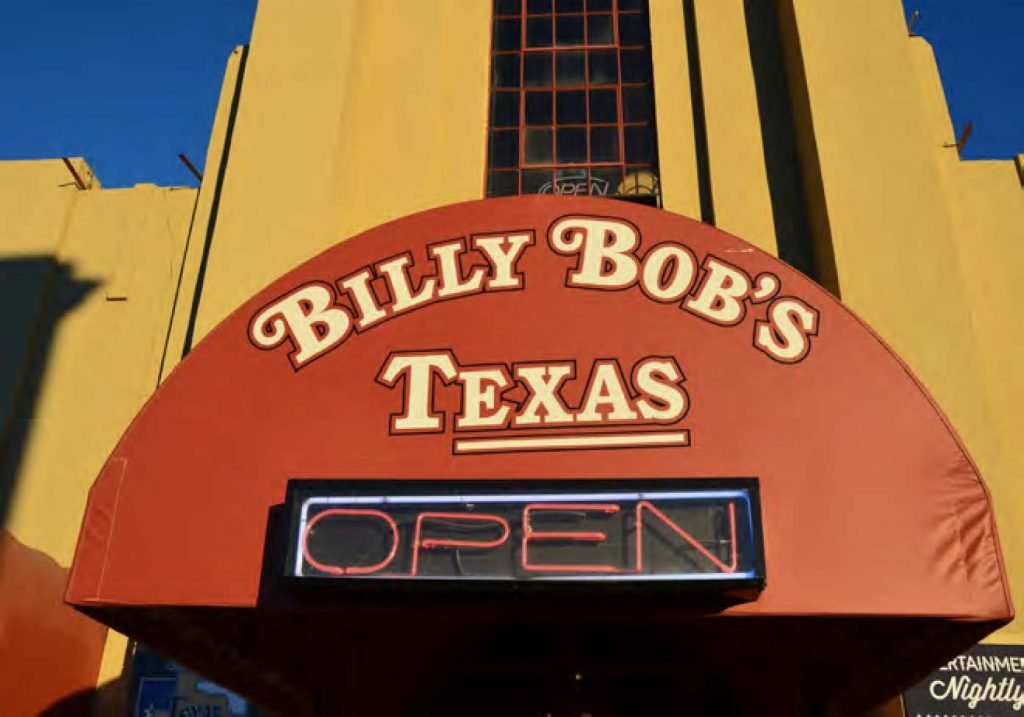 The coming of the Texas & Pacific Railway in 1876 created another boom, with Fort Worth now boasting the title of westernmost railhead – a boon for the shipment of cattle. Typical of the Wild West in the 1880s and 1890s, the needs of drovers, cattle rustlers, gamblers, and gunslingers were met by a concoction of bars and brothels, the largest concentration of iniquity south of Dodge City. It was appropriately called Hell’s Half Acre.
The coming of the Texas & Pacific Railway in 1876 created another boom, with Fort Worth now boasting the title of westernmost railhead – a boon for the shipment of cattle. Typical of the Wild West in the 1880s and 1890s, the needs of drovers, cattle rustlers, gamblers, and gunslingers were met by a concoction of bars and brothels, the largest concentration of iniquity south of Dodge City. It was appropriately called Hell’s Half Acre.
By 1917, the discovery of oil in West Texas insured another boom for Fort Worth, with five refineries built to meet the fuel demands of World War I. Later, during World War II, Fort Worth would become home to the B-24 bombers, where planes were manufactured and pilots trained.
Fort Worth today: thriving cowboy culture
Today, cowboy culture is alive and well in this West Texas city of about 775,000 people. It is a colorful composite of cattle drives, railroads, western music, hats & saddles, rodeos, and modern-day saloons. Ride a horse, buy a cowboy hat and handmade boots, and eat some of the best BBQ in Texas – all in Fort Worth.
The best place to start any visit to Fort Worth is where the past meets the present. The Stockyards National Register Historic District is almost a destination unto itself. Here, you’ll find a twice-daily cattle drive herded through the streets of town, driven by some of the friendliest drovers. After you catch the cattle drive, head over to the Texas Cowboy Hall of Fame Museum.
The museum “honors Texas men and women who have excelled in the sport and business of rodeo, and the western lifestyle.” Be sure to save some time for the Sterquell Wagon Collection, the world’s largest collection of lifestyle wagons. Of note is the Chuck Wagon, which was first developed in the 1860s by Charles Goodnight. The cowboy’s “kitchen on wheels” was an integral part of cattle drives between South Texas and the Kansas railheads. The cook usually tended to be an older or injured cowboy who knew how to make food. Staples included salt pork, beans, coffee, and sometimes sourdough bread and any wild game caught along the trail.
Save time for some retail therapy while in the Stockyard District. Get a pair of custom-made boots or even a one-of-a-kind saddle at M.L. Leddy’s.
Shop at Maverick Fine Western Wear for clothing fit for urban cowboys and cowgirls. Or get your hat custom steamed at Fincher’s White Front Western Wear.
Best Texas two-steppin
Next, it’s time to shuffle on over to the world famous Billy Bob’s Texas for some Texas two-steppin’ lessons.
Come learn to dance in what is billed as the “World’s Largest Honky Tonk.” The affable Wendell Nelson, a dance instructor at Billy Bob’s for over 20 years, teaches free line dance lessons every Thursday night at 7 pm. Nelson believes that, “Dancing is the most fun you can have standing up.”
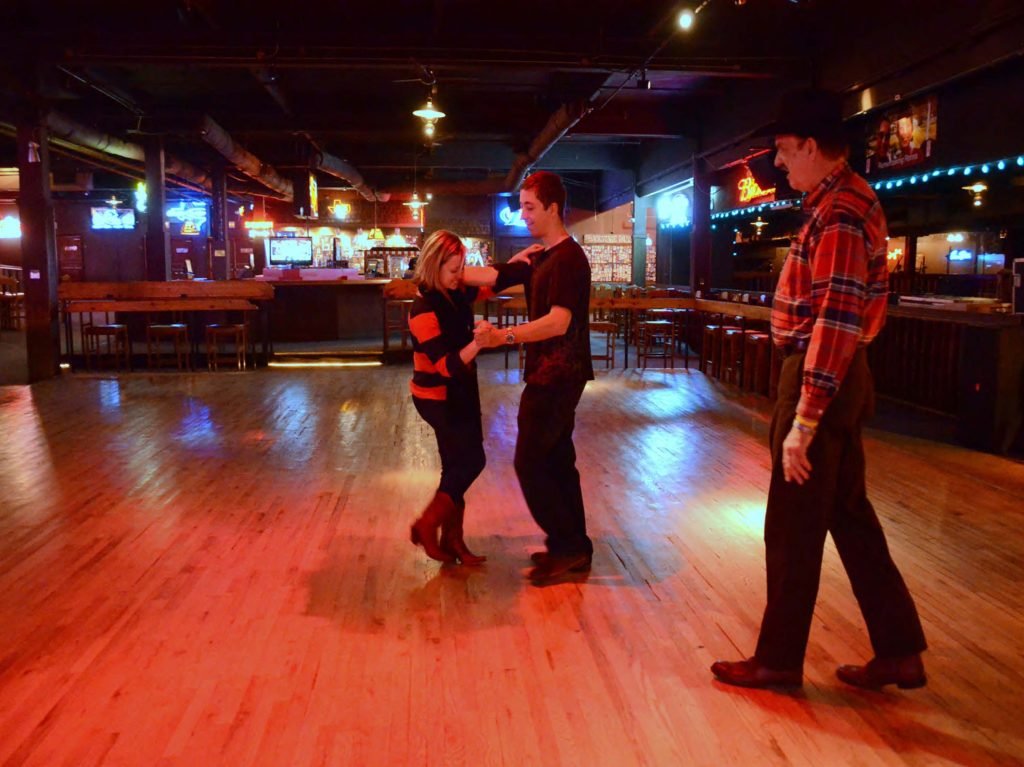 A wildly popular country & western nightclub with a capacity of over 6,000 people, Billy Bob’s boasts 127,000 square feet for boot-scootin’ fun, and has hosted legendary concert musicians like Willie Nelson, George Strait, Alan Jackson, Reba Mc Entire and Travis Tritt. It’s also home to a small indoor rodeo. Why ride a mechanical bull when you can witness the real thing?
A wildly popular country & western nightclub with a capacity of over 6,000 people, Billy Bob’s boasts 127,000 square feet for boot-scootin’ fun, and has hosted legendary concert musicians like Willie Nelson, George Strait, Alan Jackson, Reba Mc Entire and Travis Tritt. It’s also home to a small indoor rodeo. Why ride a mechanical bull when you can witness the real thing?
Best barbecue and beer in town
All that boot scootin’ is bound to work up an appetite, so go where the locals chow down for some of the best barbecue in town. Within walking distance, Cooper’s Old Time BBQ is famous for smoking meat with a dry-rub. You will be surprised how meaty and succulent beef ribs are here – or for that matter, all the smoked meats. More cafeteria-style, the place isn’t fancy, so stay with it, since the ambiance is local cowboy. (I counted over 25 cowboys and cowgirls dining with hats). I ordered one beef rib after being told that they have a lot of meat, but I really didn’t believe the jargon. I ended up sharing half the rib with my son and ate a baked potato, coated with the dry-rub, that didn’t even need butter!
Mosey on back to the heart of the historic stockyards (Exchange Ave.) for the best place in cow town to down some suds: White Elephant Saloon. Here, you’ll find a bevy of cowboy hats all over the walls, a weird collection of white elephants, and a great selection of beer, along with live music seven nights a week. Besides it being Fort Worth’s most historic saloon and dancehall, you just might also hear some chatter about it being the place of the “Last Great Gunfight in Fort Worth.”
Cozy comfort at Etta’s Place – girlfriend of the Sundance Kid
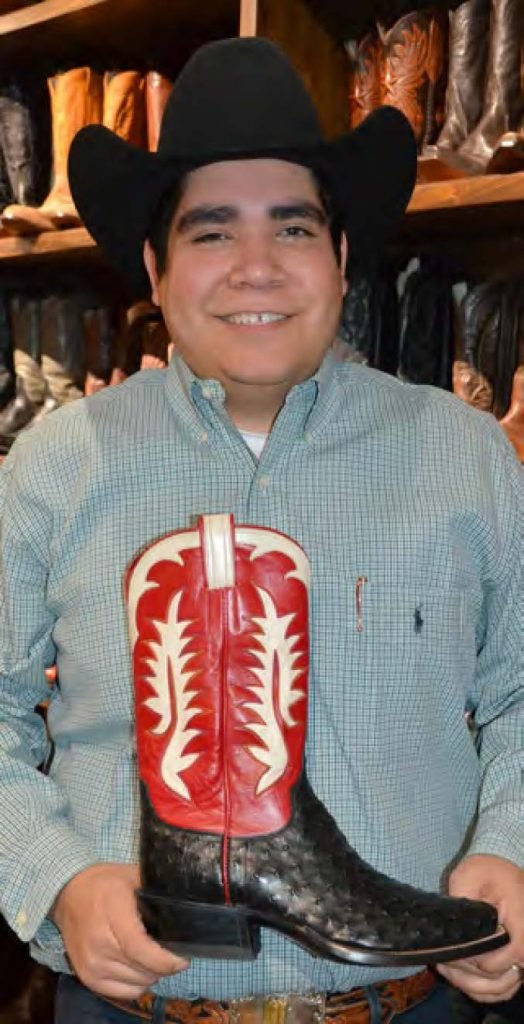 Overnight at Etta’s Place, a quaint bed & breakfast that that is hugely popular with Europeans and locals, reservations are a must. The nice feature is that this boutique B&B is within walking distance of all downtown attractions. Etta, a school teacher by day and a Madame for a bordello by night, was a young lady with classic, refined features. She was also the girlfriend of the Sundance Kid. Etta accompanied the Hole in the Wall gang to South America; legend has it that she returned to the U.S. in 1907. No one seems to know if it was with or without the Sundance, as some accounts say he survived.
Overnight at Etta’s Place, a quaint bed & breakfast that that is hugely popular with Europeans and locals, reservations are a must. The nice feature is that this boutique B&B is within walking distance of all downtown attractions. Etta, a school teacher by day and a Madame for a bordello by night, was a young lady with classic, refined features. She was also the girlfriend of the Sundance Kid. Etta accompanied the Hole in the Wall gang to South America; legend has it that she returned to the U.S. in 1907. No one seems to know if it was with or without the Sundance, as some accounts say he survived.
Next morning, enjoy a home-cooked breakfast at Etta’s Place before heading out. Check out downtown shopping for your cowgirl needs at Leddy’s Ranch at Sundance Square, Retro Cowboy, and Barse Jewelry. Then walk over to Sundance Square for a viewing of the popular Chisholm Trail Mural by artist Richard Haas. While you’re at it, enjoy fabulous cowboy steaks and cuisine at the Reata Restaurant , featuring Texas flavors that embrace Southwestern, Creole, and Southern.
National Cowgirl Museum and Hall of Fame
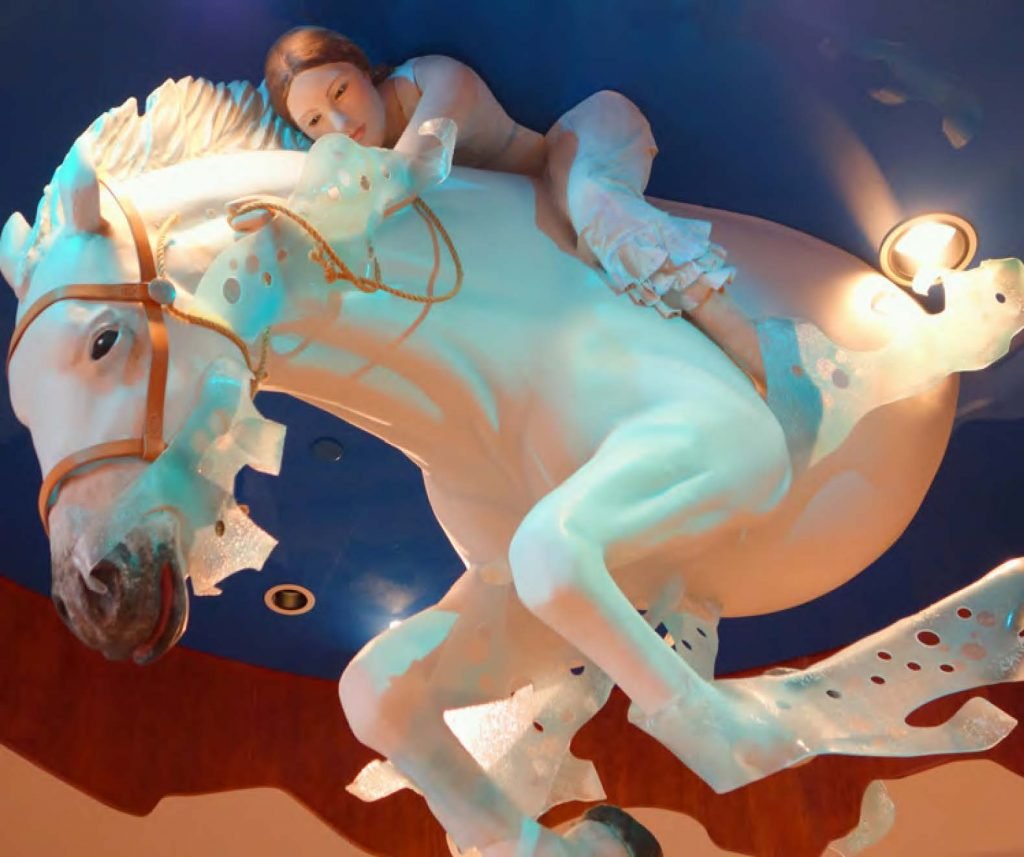 Next, head for the National Cowgirl Museum and Hall of Fame, the only museum in the world of its kind. Located in the cultural district, the museum is dedicated “to honoring women of the American West who have displayed extraordinary courage and pioneer spirit in their trail blazing efforts.” I was absolutely spellbound. My favorite was the Plains Indian Art collection by Cathy A. Smith. This is an exclusive exhibit of ceremonial headdresses, shirts, leggings, moccasins, weapons and other accessories. However you spend your time, be sure to save some of it for the Cowgirl Boutique within the gift shop. Displaying one of the best selections of cowgirl garb and bling to be found, their inventory includes designers like Pat Dahnke Waller.
Next, head for the National Cowgirl Museum and Hall of Fame, the only museum in the world of its kind. Located in the cultural district, the museum is dedicated “to honoring women of the American West who have displayed extraordinary courage and pioneer spirit in their trail blazing efforts.” I was absolutely spellbound. My favorite was the Plains Indian Art collection by Cathy A. Smith. This is an exclusive exhibit of ceremonial headdresses, shirts, leggings, moccasins, weapons and other accessories. However you spend your time, be sure to save some of it for the Cowgirl Boutique within the gift shop. Displaying one of the best selections of cowgirl garb and bling to be found, their inventory includes designers like Pat Dahnke Waller.
So what are you waiting for? Fort Worth can entertain you, feed you, and have you proud to be a cowgirl; even as it meets your cowgirl retail needs. What more could a cowgirl want?
Photography by Karin Leperi





